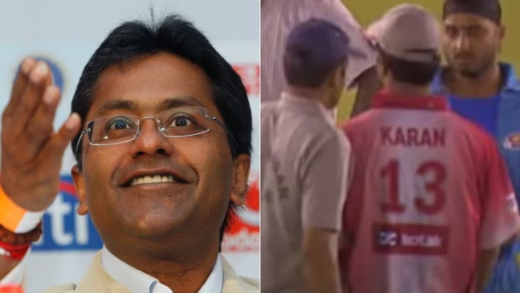Sony Pictures Networks India (SPNI) has approached the Bombay High Court to challenge a stay order issued by the Telecom Disputes Settlement and Appellate Tribunal (TDSAT) regarding a disconnection notice it had served to Tata Play, the direct-to-home (DTH) operator. The legal challenge arises from a conflict over Tata Play’s decision to drop Sony channels from its consumer packs following a disagreement over the renewal of their annual subscription agreement. The division bench of Justices Revati Mohite Dere and Neela Gokhale has issued notices to both TDSAT and Tata Play, directing them to file responses. The matter is scheduled for hearing on Monday, June 16.
At the heart of the dispute is SPNI’s disconnection notice and its demand for a 10–15% hike in subscription fees—something Tata Play has opposed, citing customer churn and stagnant Average Revenue Per User (ARPU). TDSAT had temporarily restrained SPNI from disconnecting its services, while directing Tata Play to pay an interim amount of ₹40 crore within two weeks, as against SPNI’s total claim of ₹128 crore. Tata Play has already begun dropping SPNI channels from its subscriber packages, escalating the conflict and drawing renewed attention to recurring issues in broadcaster-distributor negotiations.

According to industry experts, distribution platforms like Tata Play often use the tactic of dropping channels during fee negotiations. This case appears to be evolving into a full-blown legal standoff reminiscent of similar disputes seen in previous years. In its defense before TDSAT, Tata Play’s legal counsel, senior advocate Ravi Kadam, argued that SPNI’s demands are disproportionate. He pointed out that the DTH operator has paid over ₹4,000 crore to SPNI in the past decade, including ₹700 crore annually, and noted that significant payments have already been made since March 2025, when SPNI first raised a ₹300 crore claim.
Meanwhile, Tata Play is grappling with financial pressure. In FY 2024–25, the company reported a 44% increase in losses—rising to ₹510 crore from ₹354 crore the previous year. Revenue also declined by 5.46%, falling to ₹4,082 crore from ₹4,305 crore. The drop in subscriber numbers is attributed not only to the rapid rise of OTT platforms but also to intensifying competition from DD Free Dish, the free-to-air DTH service run by Prasar Bharati. As viewing habits shift and legal tensions grow, the case marks a significant flashpoint in India’s evolving broadcast distribution landscape.













